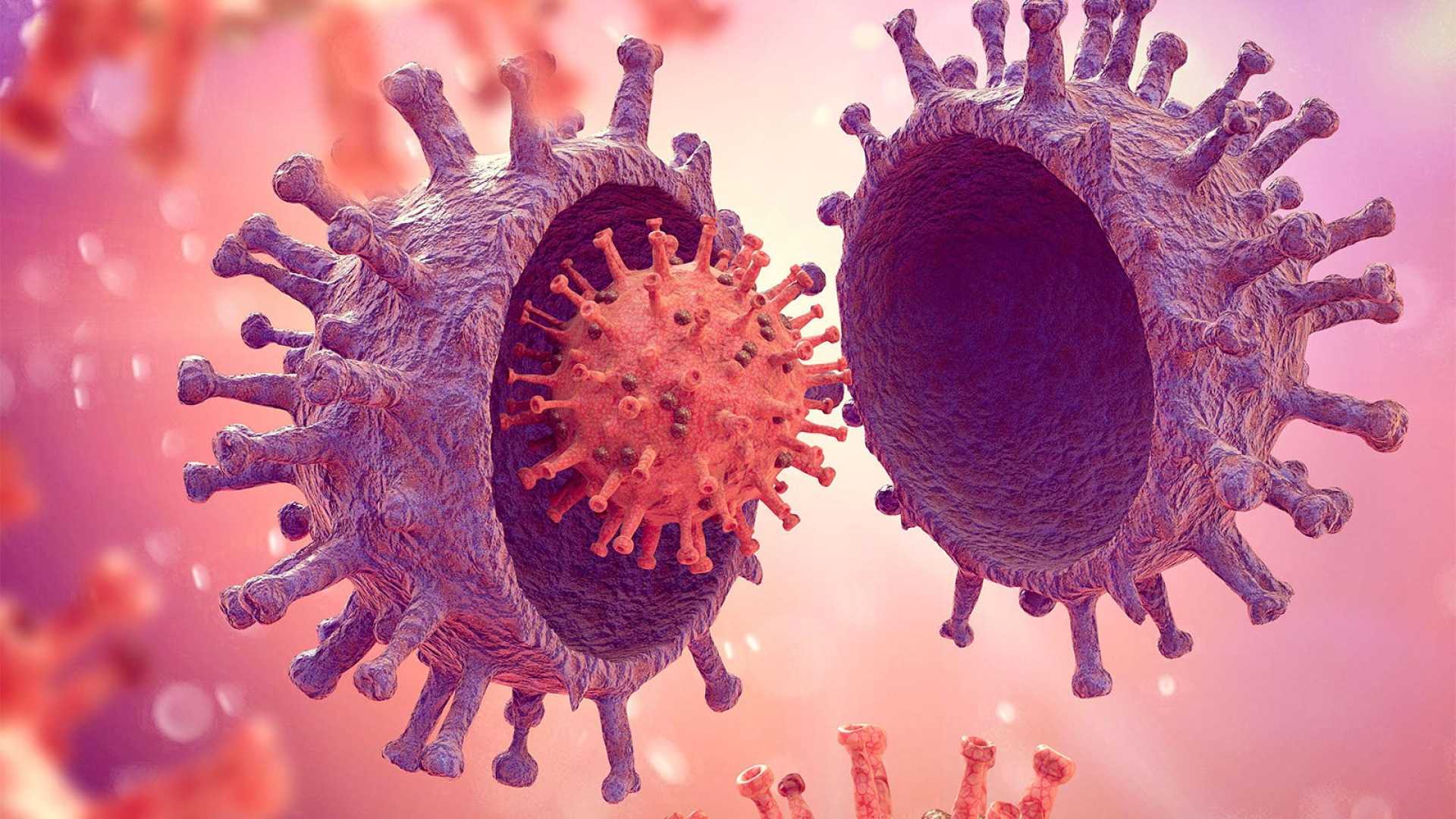Health
New Coronavirus Variant Raises Concerns Amid Potential Summer Wave

WASHINGTON, D.C. — A new variant of the coronavirus, known as NB.1.8.1, is spreading rapidly across the globe, marking a resurgence of COVID-19 in countries like China and several parts of Asia. As reported by health officials, this variant could lead to another wave of infections this summer in the United States.
According to the U.S. Centers for Disease Control and Prevention (CDC), as of June 7, NB.1.8.1 accounted for a significant portion of new COVID-19 cases. This is a sharp rise from just a month prior, when it represented only 5% of cases.
Dr. Leana Wen, a CNN wellness expert and an emergency physician, emphasized the importance of monitoring new variants like this one. “The SARS-CoV-2 virus is constantly mutating, and it’s entirely expected that there will be new variants,” she said. Wen pointed out that every new strain raises key questions: Is it causing more severe disease? Is it more contagious? And do existing vaccines still work?
This particular variant, also called Nimbus, is a descendant of the Omicron strain, which has been classified as a “variant under monitoring” by the World Health Organization (WHO). The data suggests that while NB.1.8.1 may spread more easily, it does not appear to be more severe than earlier strains.
There are still uncertainties regarding vaccine efficacy against this new variant. The WHO has noted potential immune escape, meaning the variant might evade some immunity provided by past infections and vaccinations. However, it is also closely related to variants that have been effectively targeted by existing vaccines.
Wen advised that those at higher risk, particularly individuals over 65 or with chronic health conditions, may want to consider getting vaccinated now to boost their protection ahead of a possible summer wave. Younger, healthier individuals may also seek vaccination before changes in guidelines go into effect.
Symptoms associated with NB.1.8.1 resemble those of previous COVID variants. Patients report a range of symptoms including sore throat, fatigue, and body aches. Some compare the sore throat sensation to swallowing razor blades—an emerging symptom drawing attention online.
As the potential for another wave looms, health experts remind the public of the importance of precautions, especially in crowded indoor spaces where the virus is more likely to spread. They recommend wearing masks in high-risk areas and maintaining good hygiene practices.












